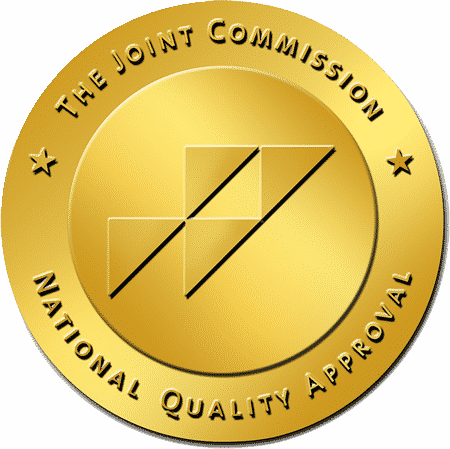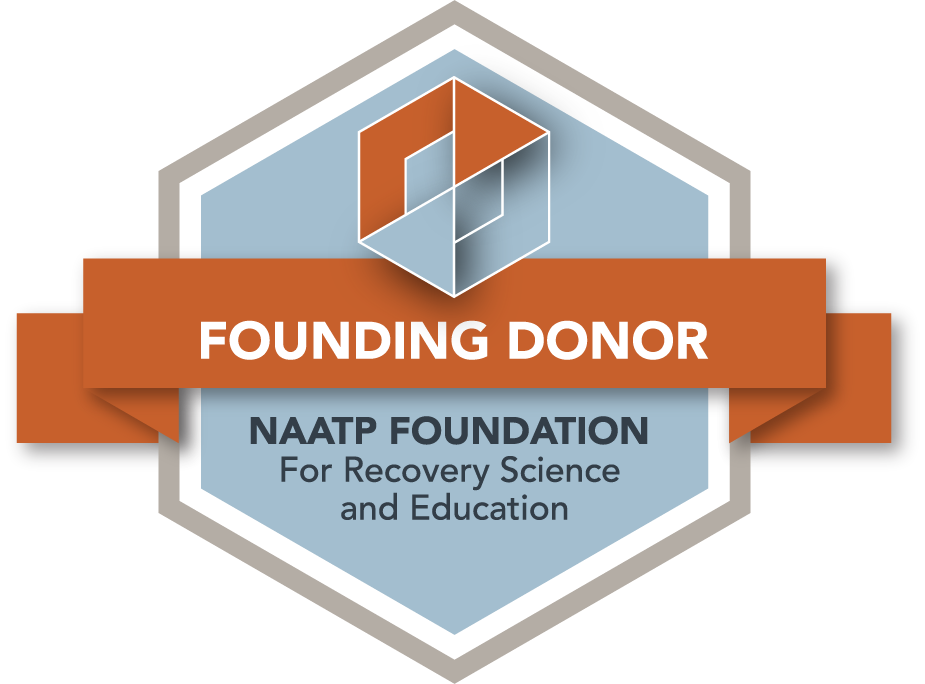What is Delirium Tremens?
Delirium tremens (DT) is the disorientation and physical reaction–body trembles, sometimes accompanied by seizures and visual or auditory hallucinations–that occur in severe cases of alcohol withdrawal following heavy drinking.
In its most severe form, delirium involves changes in attention and is characterized by an unstable progression, difficulty concentrating, and altered mental status.
Exhaustion, lack of food, and dehydration, preceded by physical deterioration due to vomiting and restlessness, complicate the severe manifestation of the body’s reaction to going without heavy drinking.
Severe alcohol withdrawal with delirium tremens can last 3–10 days.
Medical Description of Alcohol Withdrawal
The biological mechanism of alcohol withdrawal is based on the brain’s neurotransmitters which repress or stimulate sensations. Alcohol impacts the GABAA receptor by increasing its repressive effects.
With alcohol withdrawal, there is an abrupt cessation of neuronal repression, resulting in a subsequent state of hyperexcitability.
Quitting Alcohol Use
Alcohol abuse can result in severe impairment of social functioning and cause critical medical problems. It is estimated that up to 20 percent of people will abuse alcohol during their lives.
Many of these will, at some time, attempt to stop alcohol consumption because of its negative impacts on their health and family life. More than half of the people who try to stop will suffer alcohol withdrawal symptoms.
Milder Alcohol Withdrawal Syndrome Symptoms
The majority of those who quit alcohol suffer minor symptoms that do not require medical attention. These usually begin as early as six hours after stopping the intake of alcohol and include:
- Mild-to moderate tremors
- Irritability
- Anxiety
- Agitation
- Insomnia
- Palpitations
- Headaches
- Gastrointestinal upset
Alcohol Withdrawal Delirium
A much smaller segment of those who abruptly stop chronic alcohol abuse–up to five percent–have a lifetime risk of severe alcohol withdrawal symptoms known as alcohol withdrawal delirium or delirium tremens.
The symptoms of delirium tremens include profound confusion, autonomic hyperactivity, and cardiovascular collapse.
Delirium tremens can occur as early as 48 hours after sudden cessation of alcohol intake in those with chronic abuse and can last up to five days. Medical attention is necessary for these life-threatening conditions.
Severe Withdrawal Symptoms
Delirium tremens typically can cause:
- Seizures
- Disorientation
- Hypertension
- Hyperthermia
- Altered mental states
- Global confusion
- Arrhythmias
- Aspiration pneumonitis
- Respiratory failure
- Death
Delirium Tremens Can Be Life-Threatening
If not appropriately treated, delirium tremens has a mortality rate of about one-third of those it impacts.
Pneumonia, pancreatitis, older age, or a history of medical issues such as high blood pressure are risk factors which can amplify the severity of the consequences of trying to escape an alcohol use disorder.
A person with a medical history of multiple withdrawal incidents has a higher risk of seizures than do patients experiencing their first withdrawal from alcohol use.
Early identification of withdrawal symptoms and prompt medical treatment of persons who exhibit symptoms are important in their treatment. Admission to an intensive care unit may be necessary.
Stages of Alcohol Withdrawal
These symptoms will begin 6-12 hours after the last drink.
- Agitation
- Nausea/Vomiting
- Headaches
- Anxiety
- Shaking
These symptoms will begin 12-24 hours.
- Seizures
- Disorientation
- Hand Tremors
These symptoms will begin 48+ hours.
- Seizures
- Auditory/Visual Hallucinations
- Delirium Tremens
- Insomnia
- High Blood Pressure
- Global confusion
- Fever/Sweating
Treatment May Include Medication
Treatment of alcohol withdrawal syndrome starts with a physical exam and medical history. A questionnaire called a clinical institute withdrawal assessment for alcohol helps the medical staff measure the severity of the withdrawal.
Hospitalized patients suffering a severe form of alcohol withdrawal are treated with the goal of sedating them to control agitation and decrease the risk of seizures, thereby lessening the possibility of other illnesses or even death.
Critically ill patients may be prescribed low doses of the psychoactive drug benzodiazepine for treatment of alcohol withdrawal delirium.
Medically supervised detoxification is especially beneficial when the patient has been taking high doses of sedatives, has a history of alcohol use disorders, has previously suffered seizures or delirium tremens, or has co-morbid medical or mental disorders.
In a hospital setting if there is a medical emergency, such as alcohol withdrawal seizures, doctors and nurses are on hand to respond immediately with treatment including intravenous fluids.
Origin of Delirium Tremens
It has probably been around for as long as there has been alcohol use, but delirium tremens was first acknowledged as a disorder caused by extreme abuse of alcohol in the early 1800s.
The word “delirium” is Latin for “going off the furrow,” a plowing metaphor for what happens after the last drink.
Nicknames for alcohol withdrawal syndrome include “the horrors,” “the shakes,” “the bottle ache,” “quart mania,” “gallon distemper,” “barrel fever,” “pint paralysis,” and “seeing pink elephants.”
Author Mark Twain included a description of delirium tremens in The Adventures of Huckleberry Finn (1884). After an evening of heavy drinking followed by alcohol withdrawal, Huck’s father chases him around their cabin, calling his son the Angel of Death and trying to kill him with a knife.
Find Help at La Hacienda Treatment Center

La Hacienda Treatment Center has been helping people overcome chronic alcohol use problems for 50 years.
Successful substance abuse treatment is rooted in medically supervised detoxification, solid counseling administered by a competent and empathetic staff, and a strong introduction to the 12-Step Program.
Our modern Special Care Unit, staffed by an on-site medical director and board-certified addiction treatment doctors, provides optimum care for persons suffering severe alcohol withdrawal symptoms.
La Hacienda’s proven program also includes support groups and appropriate treatment to address the underlying causes for substance abuse.
Phone (800) 749-6160 today and talk with one of our caring admission specialists. They can help you or your loved one begin the fight against alcohol addiction and find new opportunities that come with a sober life.

Alcohol Withdrawal Timeline
The alcohol withdrawal timeline ranges from mild to severe symptoms over the course of a week. The most dangerous stage of alcohol withdrawal is stage two or three and appears anywhere from 2-4 days after the last drink. Severity depends on length and amount of alcohol misuse.

What are 12-Step Programs?
Twelve-step programs are built around a set of principles that assist people suffering from alcohol abuse, drug addiction, or process addiction by providing individual action steps.

What is Buprenorphine?
The Substance Abuse and Mental Health Services Administration says buprenorphine is an FDA-approved medication used to treat opioid use disorder as part of a comprehensive treatment plan including counseling and other behavioral therapies.






